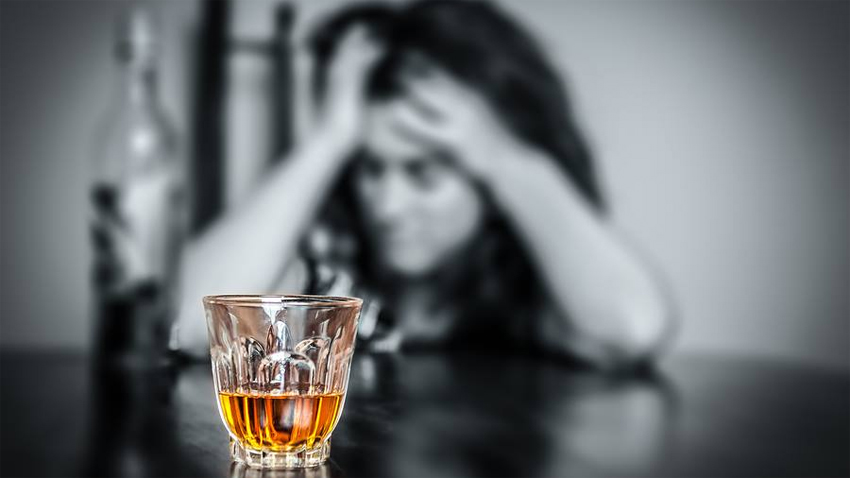One out of ten Bulgarians is prone to addictive behavior and using a given substance on a daily basis for a few months usually leads to addiction. The most vulnerable are young people who start abusing stimulants like amphetamines and methamphetamines mixed with alcohol at the age of 14.
“There is a period between the age of 14 and 16 years during which one’s focus on role models is shifted from family to school and friends," Alexander Iliev, head of the “Zhiva” therapeutic center says. "And if someone in the group has a pack of cigarettes or some marijuana, everyone wants to give it a try. But not everyone who tried alcohol, cigarettes, or drugs would become addicted. People get addicted when in a substance they discover something they lacked.”
 Low self-esteem, lack of self-acceptance, traumas, difficulties with processing of feelings and emotions - these are some of the gaps people fill with the use of addictive substances. The only difference between a person who is addicted and another one who isn’t is that an addicted person experiences much stronger feelings and emotions and in order to dull them, resorts to substances. Such people have the feeling that if left alone with their emotions, this would kill them, the therapist adds.
Low self-esteem, lack of self-acceptance, traumas, difficulties with processing of feelings and emotions - these are some of the gaps people fill with the use of addictive substances. The only difference between a person who is addicted and another one who isn’t is that an addicted person experiences much stronger feelings and emotions and in order to dull them, resorts to substances. Such people have the feeling that if left alone with their emotions, this would kill them, the therapist adds.
“In order for treatment to be successful, the suffering person should be left to the care of specialists for at least half a year, as much as it took to become addicted. Entering a specialized center depends on the family because at first addicts do not realize they have a problem. After the third month, the patient begins actively participating in the recovery process, and after leaving the clinic, everything remains in their hands. Recovering continues throughout life, as one is not completely healed during these six months, and to the end they need to completely abstain from drugs,” Alexander Iliev says.
He uses a program, in which participants engage in group and individual therapy, learning to communicate, accepting their feelings, and facing difficulties and problems the way it is in the outside world. They do it in a controlled, but not sterile environment and problems are not looked on through rose-tinted glasses.
“Some people will always be looking for some escape - whether from a hard day at work, from something they experience or from reality,” the therapist says. “They will always strive to be someone else - different and better, according to them and they will always have difficulties in accepting themselves, etc.”
Faced with the temptation of "trying just once" and crossing a border to win someone's attention or to satisfy our own curiosity, what is it that we should do?
“Many will try and find nothing valuable. Others will unlock Pandora's box and fight dependence throughout their lives, while some would lose their lives. I can recommend to families to communicate with each other because addiction is also a disease of non-communication. People stop talking at home, they begin to hide and when they find that there is a problem, it is already too late. The sooner you notice the problem and seek help, the better,” the therapist says.
English: Alexander Markov
The Martenitsa Festival was held in Brussels f or the third consecutive year . Cultural organizations from Bulgaria, Romania and Moldova presented their country's traditions related to the "Baba Marta" holiday, which heralds spring. The initiative..
Measurement equipment installed at the Bulgarian Antarctic base "St. Kliment Ohridski" has been collecting valuable data on solar activity and its relation to the Earth's magnetic field for two months. The research is part of Bulgaria's first polar..
558 Bulgarians aged 18, selected from 1,785 applicants, will be able to embark on their dream journey by train across Europe, learn from other cultures and build new friendships. They have been selected to receive a free travel pass through the..
Exactly a month after the Bulgarian National Radio solemnly celebrated its 90th anniversary, history continues its dialogue with us, its authors. With a..

+359 2 9336 661
